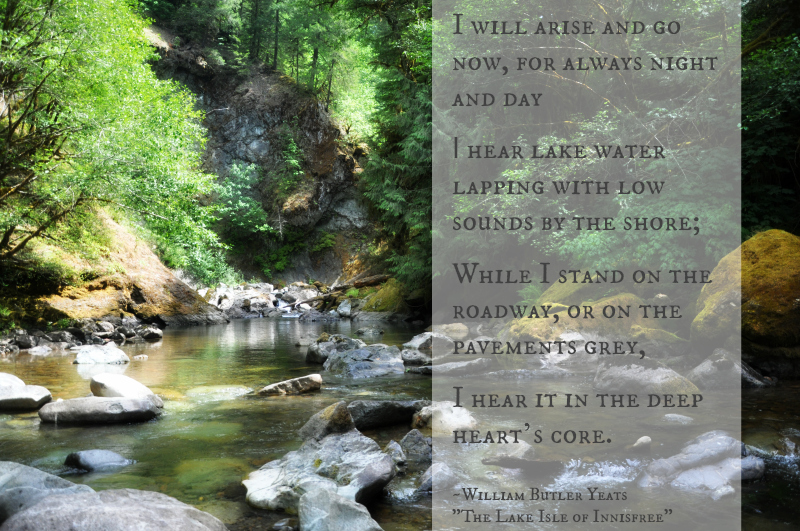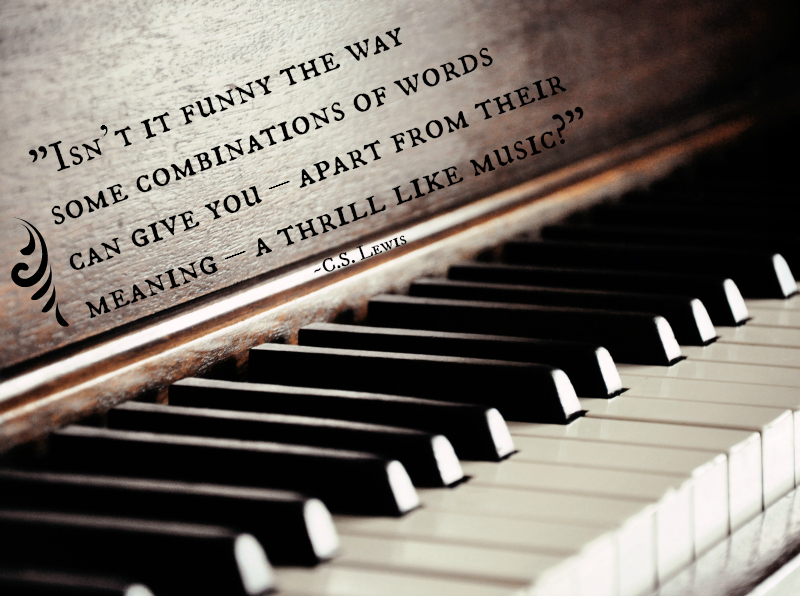
Please. If you read no other articles I link, read this one today, from beginning to end. I’ve been talking about memorization—learning by heart—as a way to form our children’s souls and our own souls.
:: The Joy of the Memorized Poem @ The Atlantic
I’ll share a couple quotes, but that doesn’t excuse you from reading the full article. [grin]
"But the very final pleasure is what I called “the pleasure of companionship”—and this was a way of talking about memorization. When you internalize a poem, it becomes something inside of you. You’re able to walk around with it. It becomes a companion. And so you become much less objective in your judgment of it. If anyone criticizes the poem, they’re criticizing something you take with you, all the time."
“I think that’s one reason I’ve always made my literature students choose a poem to memorize, even if it’s just something short—a little poem by, say, Emily Dickinson. They’re very resistant to it at first. There’s a collective groan when I tell them what they’re going to have to do. I think it’s because memorization is hard. You can't fake it the way you might in responding to an essay question. Either you have it by heart, or you don’t. And yet once they do get a poem memorized, they can’t wait to come into my office to say it. I love watching that movement from thinking of memorization as a kind of drudgery, to seeing it as internalizing, claiming, owning a poem. It’s no longer just something in a textbook—it’s something that you’ve placed within yourself.”
"I think I read recently that we’re not suffering from an overflow of information—we’re suffering from an overflow of insignificance."
As soon as I read (and listened to!) the poem, I was transported to my own favorite place in the world—water sounds and all. And, today, my boys and I are shoving aside lesser things and spending time with this poem. Memorizing it. Placing it in our deep heart’s core. So that we, too, may hear the call of a safe and peaceful place when we need a minute or two (or hour or night) of escape.
If you don’t know where to start for poetry memorization, may I make a couple recommendations?
We have many books of poetry (I particularly like the Poetry for Young People series), but my favorites are poetry recordings that we can listen to in the car or during quiet time. I’ve found that this is the best way to get the words and sounds of the poetry embedded in our minds.
My boys love A Child's Garden of Songs and Back to the Garden, Robert Louis Stevenson poetry set to music, as well as The Days Gone By: Songs of the American Poets. (You can hear excerpts of the songs if you click on the MP3 option.)
Poetry Speaks to Children is a book of child-friendly poetry that includes a CD of poetry readings—most by the poem authors themselves!
A Child's Introduction to Poetry: Listen While You Learn About the Magic Words That Have Moved Mountains, Won Battles, and Made Us Laugh and Cry is just that. Part 1 introduces different types of poetry, and Part 2 contains a chronological introduction to many famous poets. (The illustrations are quite entertaining.) The accompanying CD is a treasure. Many of the poetry selections are wonderfully spoken by two different narrators (a man and a woman, so the recording doesn’t feel monotonous).


1 comment:
Thank you for this!!! My kids are still young (6, 4, 3, and 5 mos.), but I've recently become very interested in memorizing some poetry with them. We memorized "Spaghetti, Spaghetti" by Shel Silverstein, which they loved because it was so silly, but I've been wanting to tackle some more classical pieces, but I didn't really know where to start. Can't wait to look into some of these . . . setting them to music is a great idea!
Post a Comment